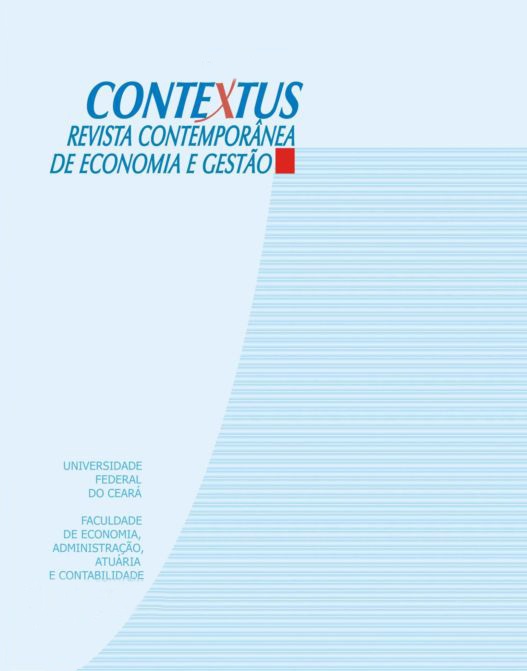OS HÁBITOS DE CONSUMO DAS GERAÇÕES Y E Z: A DIMENSÃO AMBIENTAL NOS CONTEXTOS FAMILIAR E ESCOLAR
DOI:
https://doi.org/10.19094/contextus.v10i1.334Keywords:
Consumo. Sustentabilidade. Geração Y. Geração Z. Marketing.Abstract
O objetivo deste trabalho foi identificar se a aquisição do conhecimento sobre sustentabilidade pelas gerações Y e Z ocorre no contexto familiar ou no escolar. Classificado como quantitativo, de caráter descritivo, o estudo se valeu de questionário adaptado de Bhattacharya; Korschun; Sen (2009). Participaram estudantes dos cursos de nível médio e superior de dois campi de institutos federais, localizados em Santa Catarina e no Rio Grande do Sul. Os resultados principais mostraram que as gerações Y e Z enfatizam, respectivamente, a escola e a família como responsáveis pelo ensino de sustentabilidade; que para ambas as gerações a família tem mais condições de ensinar o tema sustentabilidade; que as duas gerações entendem que os exemplos de boas práticas relacionadas à sustentabilidade devem vir da escola. As conclusões permitem sugerir que a aquisição de conhecimento sobre sustentabilidade nos contextos familiar e escolar pode ser importante precedente para hábitos de consumo e que as organizações devem desenvolver comunicação ao mercado, que favoreça a construção adequada de processos de decisão de compra e consumo, atuais e futuros.
Downloads
Published
How to Cite
Issue
Section
License
The authors, while doing the submission, accept the notice below:
We authors hold the copyright related to our paper and transfer Contextus journal the right for the first publication with a Creative Commons’ international license of the modality Attribution – Non-commercial 4.0, which in turn allows the paper to be shared providing that both the authorship and the journal’s right for initial release are acknowledged.
Furthermore, we are aware of our permission to take part in additional contracts independently for non-exclusive distribution of the version of our work published in this journal (e.g. publishing it in an institutional repository or as a book chapter), while acknowledging both the authorship and the journal’s initial publication.
We also certify that the paper is original and up to this date has not been released in any other journal, Brazilian or of another nationality, either in Portuguese or another language, as well as it has not been sent for simultaneous publication in other journals.
Last, we not only know that plagiarism is not tolerated by Contextus but also certify the paper presents the sources of passages from cited works, including those authored by ourselves.









3.png)


1.jpg)



1.jpg)


1.jpg)






.jpg)



1.jpg)

1.jpg)


1.jpg)

1.jpg)
1.jpg)
2.png)




1.jpg)
2.jpg)

1.jpg)





1.jpg)


1.jpg)
1.jpg)
